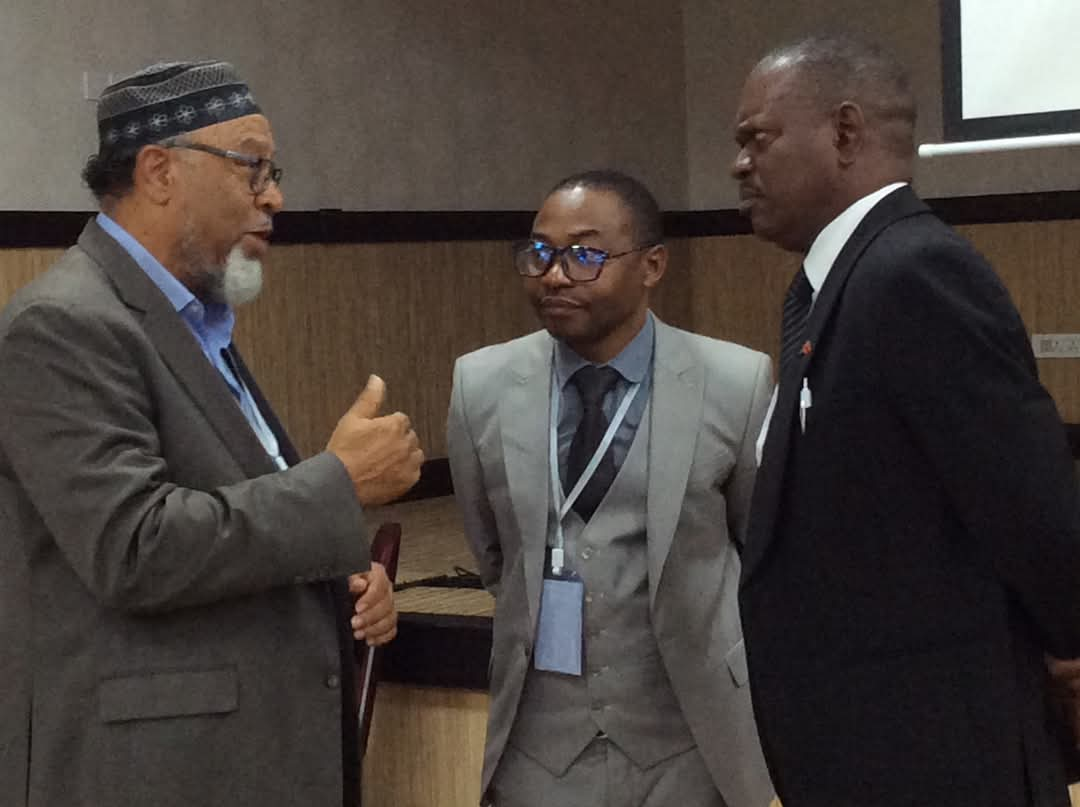By Burnett Munthali
The recent revelations surrounding Sylvia Mutoba Kalaba, a self-proclaimed prophetess in Lusaka, Zambia, who was found living with the skeletal remains of her husband in her bedroom, confirm the suspicions I have long harbored about modern-day prophets and prophetesses. This shocking incident is not just an isolated case but a reflection of a widespread issue within contemporary religious practices.
Many of the so-called miracles performed in churches today are, in my view, deeply connected to ritualistic practices rather than divine power. The Sylvia Kalaba case exposes the lengths to which some individuals will go to stage miracles, attract followers, and make money—all while hiding under the guise of spiritual leadership.
The case of Sylvia Mutoba Kalaba, who reportedly kept her husband’s skeleton on the advice of a ritualist to enhance her ability to perform miracles, is an extreme but revealing example of the dubious practices employed by some modern religious leaders. This is not about spiritual enlightenment or the salvation of souls; it is about manipulation and greed.
Many prophets today claim to perform miracles, but their actions are often rooted in practices that have nothing to do with Christianity. The quest for power, wealth, and influence has driven many self-proclaimed spiritual leaders to engage in bizarre and unethical rituals, deceiving vulnerable followers in the process.
Biblical prophets were chosen by God to deliver messages of truth and guidance. They lived in times when divine intervention was necessary to lead people back to the right path. However, the reality today is starkly different. The so-called prophets and prophetesses we see now are often self-appointed individuals who exploit people’s faith for personal gain.
The biblical era of prophets has long passed, and we must question the legitimacy of anyone who claims to perform miracles in the modern age. Religious practices today have largely become commercialized, with churches operating more like businesses than places of worship.
The public’s reaction to Sylvia Kalaba’s actions—shock and disbelief—underscores a lack of awareness about the extent of deception in some religious circles. This is why we must adopt a more critical approach when dealing with so-called prophets and their ministries. Blind faith should never replace discernment, especially in matters as serious as spirituality.
We need to scrutinize questionable religious practices and the so-called miracles being performed in churches today. The Sylvia Kalaba case is a wake-up call for Christians to examine the intentions and methods of their spiritual leaders.
Too often, people place their trust in prophets and prophetesses without question, driven by a desire for quick solutions to their problems. This blind faith creates an environment where unscrupulous leaders can thrive, manipulating their followers and engaging in unethical practices under the guise of religion.
It is time for Christians to return to the foundational principles of their faith. The Bible teaches discernment and wisdom, and it is crucial to apply these principles when choosing spiritual leaders.
The Sylvia Kalaba case is not just an isolated incident; it is a symptom of a larger issue within modern Christianity. The commercialization of religion and the rise of self-proclaimed prophets have led to a dangerous mix of deception and manipulation.
As Christians, we must remain vigilant and prioritize our spiritual well-being over the promises of miracles and quick fixes. Faith should be grounded in truth, not in the theatrics of self-appointed prophets. Let this be a call to action for all believers to seek genuine spiritual guidance and to hold religious leaders accountable for their actions.
Blind faith in modern prophets is no longer an option—it is time to question, scrutinize, and protect the integrity of our faith.




